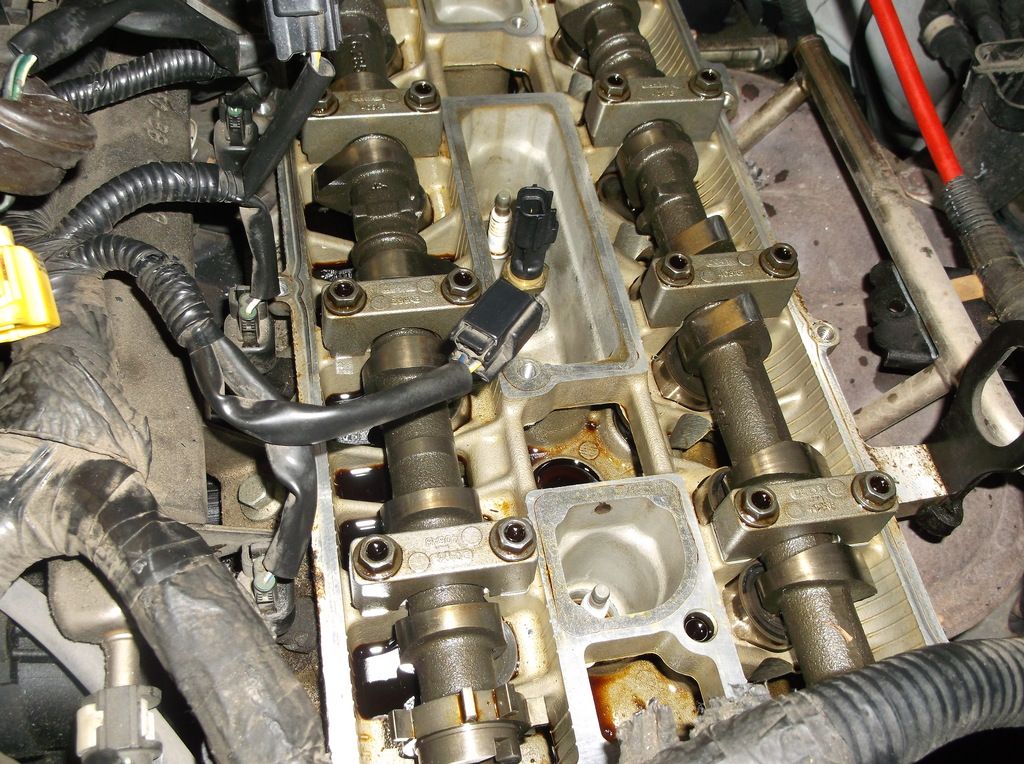Originally Posted By: tig1
Originally Posted By: dblshock
Originally Posted By: dblshock
dblshock said:In one sentence @ 24sec. this Mobil gal lays one on CAFE.
After a second look this is laughable, was the engine under load? what was the ambient temp? was the wear actually measured? they seem to suguest a visual only conculsion...after the opening statement they clearly imply this is not optimal.
1) When XM test engines with the long term oil test the engines are placed under various loads and speeds.
2) The test are run outdoors under shelters. This facility is located in Maryland, so the test are performed in various temps.
3) Some items are visually checked, while others are measured, like valve clearance.
Recently I removed the valve cover on my Fusion with 195K at 10K OCIs with M1 0-20AFE. I checked the valve clearance and all were within factory spec. Also the engine was very clean. Here's a pic I took of my engine. Clean like the one in the video.



